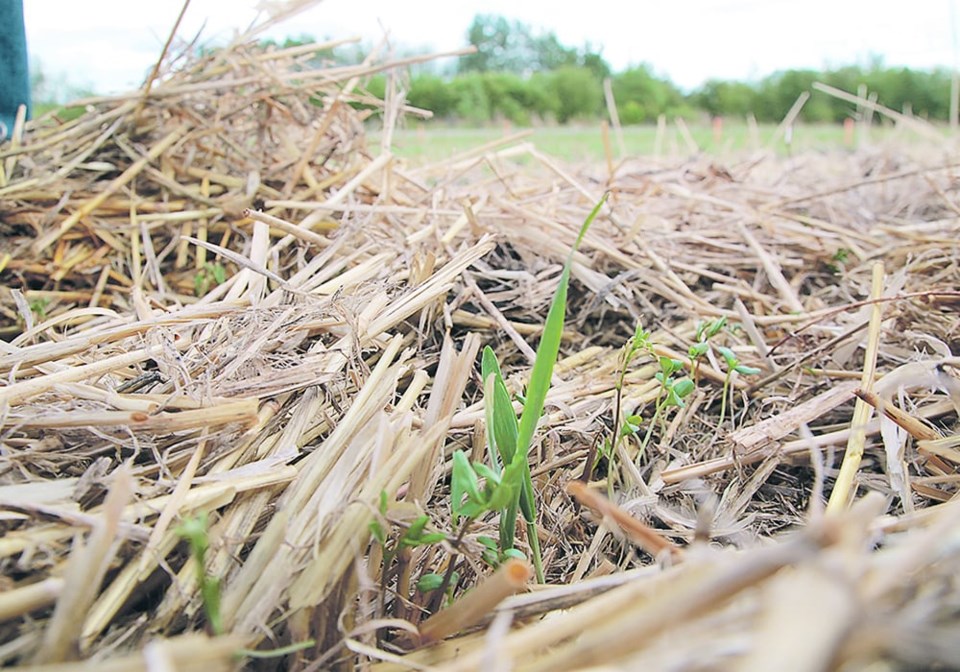WESTERN PRODUCER — A survey on cover crops is going beyond the organic producers who commissioned it to seek input from anyone interested in the practice as concerns about climate change increase.
“I think it makes sense for cover crops to become a bigger part of what is agricultural standard practice,” said researcher Brenda Frick.
“It feeds the soil health. Soil is a more active and dynamic place when the creatures within it are alive, and having cover crops means there are living plant roots in the soil most of the time, and I think that’s very important.”
The survey was originally commissioned by organic producers but will now also seek input from anyone interested in the practice. Frick, an independent consultant, is conducting the online survey on behalf of Canadian Organic Growers. The organization offers online and on-farm training to promote practices that are more climate friendly and sustainable.
She said COG has developed a set of cover crop training modules for farmers.
“There is a concern that perhaps it also needs to be released at a higher level for agrologists and people who advise farmers, and so this survey is to determine if there is in fact a need for that, and to explore a little what a training program would look like if they were to develop one.”
The survey, which takes five to 30 minutes to complete, was launched March 5 and ends March 17. It has sections for everyone from producers and industry to agrologists and researchers, said Frick.
“They’re all targeted at finding out if there is a need and who is working in this area. What kinds of things would they like? What elements of a curriculum would be best suited to your group? If you’re an agrologist, are you feeling a need for this? And if you’re feeling a need for this, what kinds of things do you need?”
Cover crops are not grown to be harvested for cash, but promote carbon sequestration and soil health. Organic farmers don’t use chemical sources of nitrogen so they may grow legumes as cover crops to provide the nutrient.
“But if you were to consider a cover crop, something that you will add in after, say, harvesting your winter wheat, it might be something like oats that are just there to capture the nitrogen that might otherwise be lost on that field — anything that might fall away in the spring runoff or whatever, and to hold the ground as well in a system where there’s some level of potential erosion.”
Frick said interest in the practice ranges from farmers in conventional agriculture to anyone concerned about climate change.
Much organic matter in prairie soils has been lost since the days of the buffalo in the 19th century. Cover crops help build it back up, making farmland more resilient to weather extremes expected under climate change.
“This isn’t going to be magical, but I think it’s going to be helpful… I think the farmers are facing a more difficult time coming, and they will need as many tools in their tool chest as possible.”

